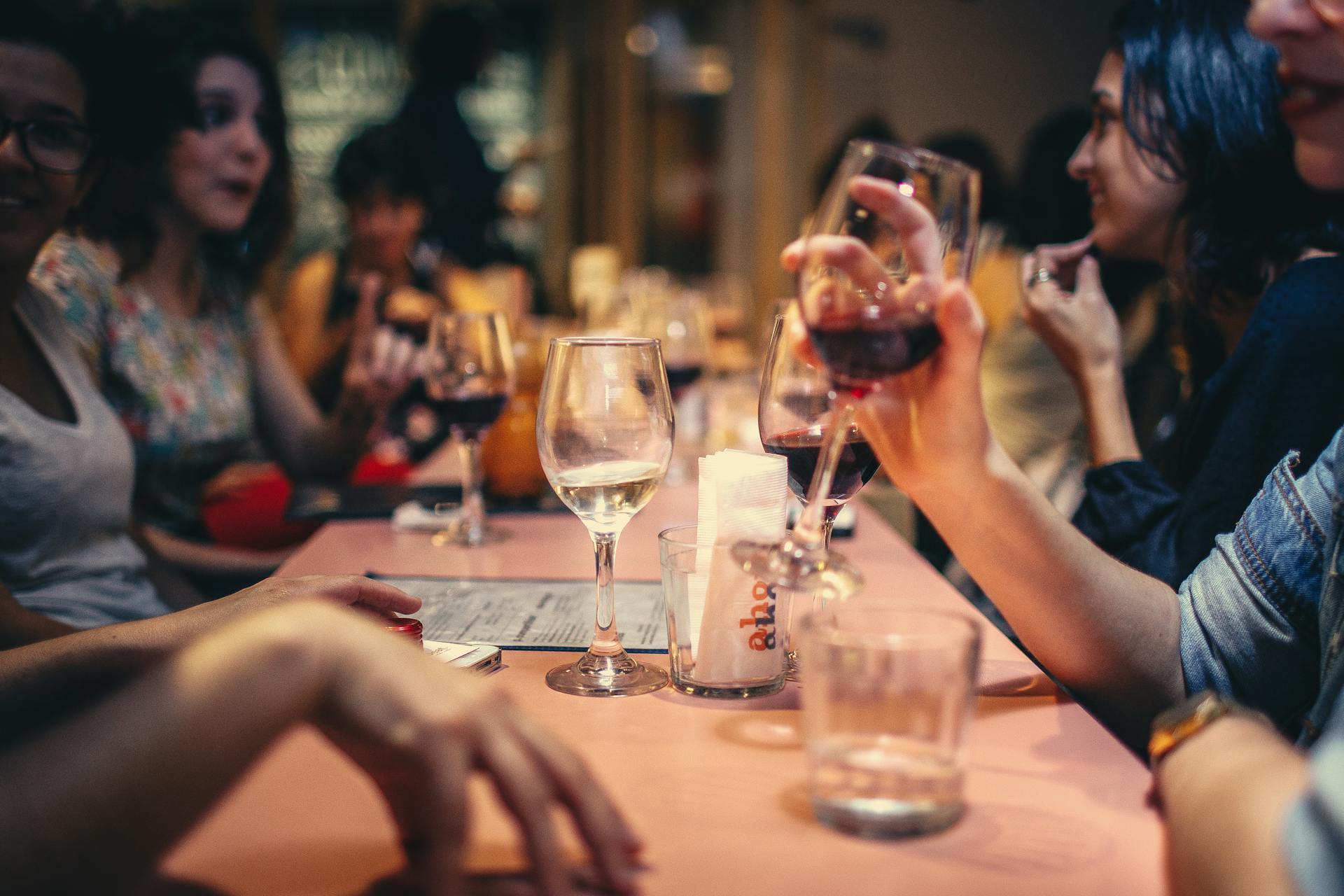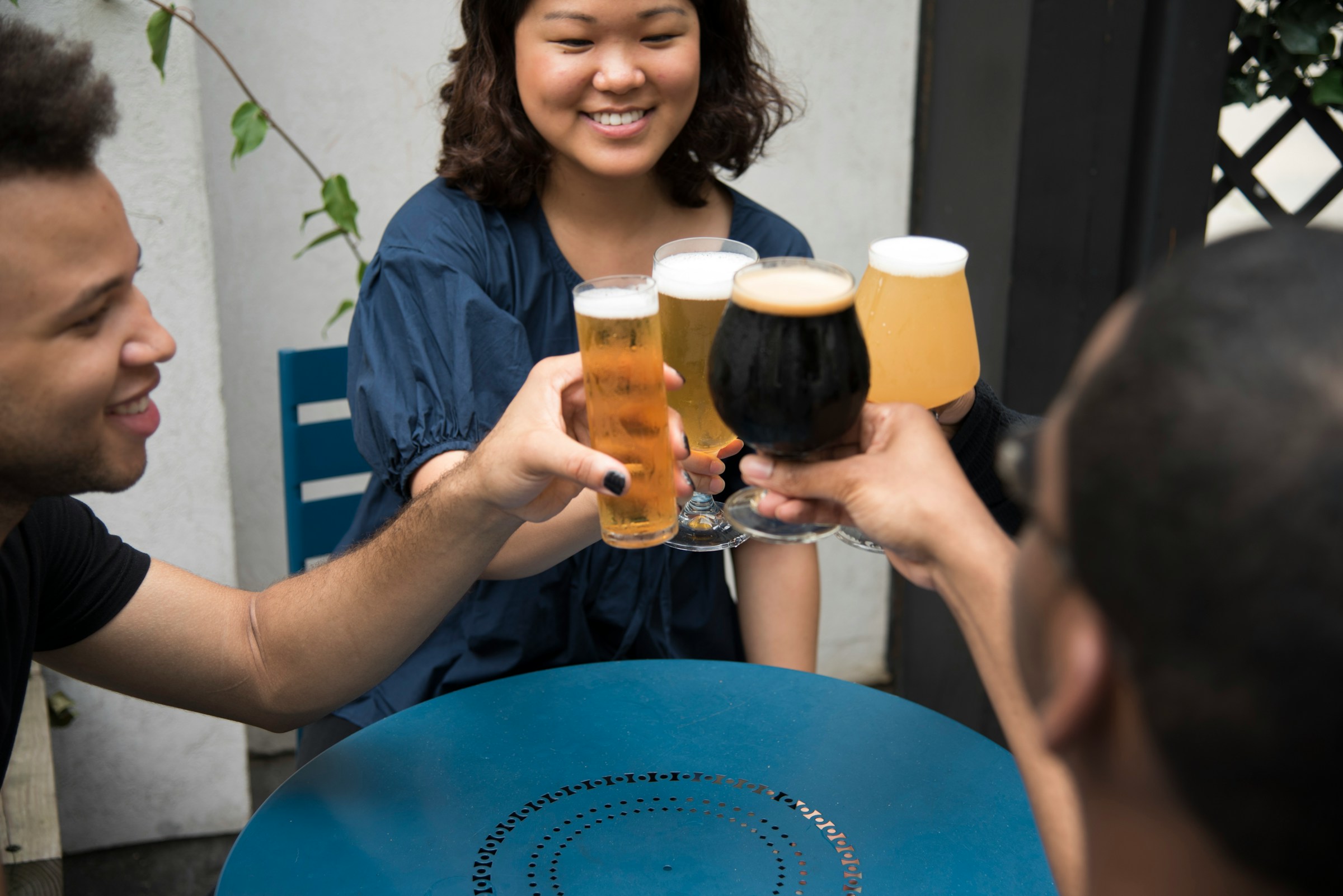For those of us wine-worshipping Millennials, the thought of the younger generation not inheriting this shared fervor for all things viticultural is outright ludicrous. But according to a new report from Silicon Valley Bank’s 2024 State of the US Wine Industry, that appears to be exactly what’s happening. Perhaps it was our overenthusiasm that spooked the members of Gen Z; perhaps they found our DIY cork art and tacky TJ Maxx wine-pun napkins too “cheugy,” and we’ve frightened them off of the incredible nectar forever. Perhaps we Millennials were just too outspoken in our passion, and wine is now somehow being reduced and widdled down to nothing but a once-trendy item that will age out of style with those of us who can still rap every word of the Fresh Prince intro. It’s enough to make one shed tears into their oversized wine glass. How can this be?

The study
Widely viewed as one of the most comprehensive analyses of the wine industry, Silicon Valley Bank’s report is bleak but with a few hints at a silver lining for those of us who are hoping to see the wine industry keep its head above water.
For the last three years, wine sales have been declining steadily, dropping another 3% overall last year. And for the first time in 45 years, the sales of spirits in the United States topped the volume of wine sold in 2023. Even more rattling is that the report shows that 58% of wine consumers are over the age of 65, with all other demographics registering almost 30 points lower. The bottom line is that younger drinkers just aren’t interested in wine as much as they used to be – not by a long shot.
The possible reasons for this are many. Firstly, with cannabis now legal in many states and use on the rise, more young people are turning to that in lieu of wine. Another reason is that many Gen Zers are foregoing alcohol altogether, joining in on the ever-growing popularity of the sober movement. Admittedly, we are here for this trend, and we praise the younger generation for doing such a great job of bringing attention to both the physical and social dangers of irresponsible drinking. But with a more health-conscious generation will undoubtedly come a hit to some of our favorite indulgences that have nothing to do with yoga or juice cleanses.

The (thin) silver lining
It would appear that only those bottles on the mid to lower shelves of the grocery store display are the ones taking a severe hit. The premium wine business is still doing surprisingly well, as wine volume sales above $12 have remained positive, according to the study. So, all we have to do is reassure those who are drinking the good stuff to keep right on at it.
And maybe convince a Gen Zer or two that wine is actually pretty magical.




